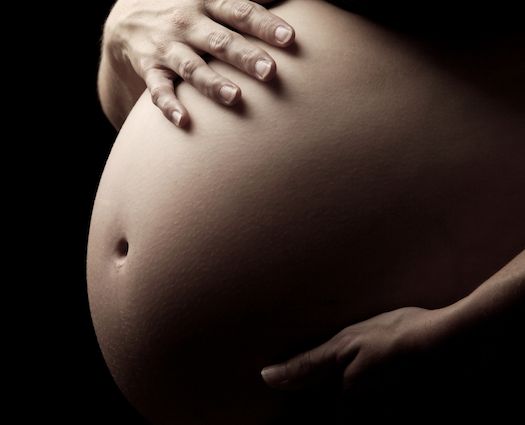What Happens To Women When They’re Denied Abortions?
A first-of-its-kind study tracks the health of women who are denied abortions.

Plenty of research has examined how getting an abortion affects women’s mental health. (In short, it doesn’t, though individual circumstances vary enough that universal statements about women’s reactions can be misleading.)
But what about those who want an abortion, but can’t get one? Like S., a woman the New York Times Magazine interviewed. S. was 24 when she first found she was pregnant and decided to get an abortion. Click the link to read about her attempts to get the procedure, including one unwitting visit to a clinic where a nurse gave her an ultrasound and told her, “Look! Your baby is smiling at you.”
Ultimately, as is the case with most women who are turned away from abortion clinics, S.’s 20-week-old pregnancy was too far along. The opening sequence ends with S. set on a certain road:
She was out of gas money, hadn’t eaten a decent meal in weeks and resigned herself to the fact that, no matter what she wanted or how it would affect her life, she was going to have a baby.
Strangely, researchers have never followed American women who, like S., couldn’t get the abortions they wanted, the New York Times Magazine reported. That’s about to change. The magazine reported on a study, led by Diana Greene Foster, a demographer and professor of ob-gyn at the University of California, San Francisco. Foster’s study is the first to track American women like this over a longer period of time—and the first in the world to compare those women with peers who successfully received abortions.
Although her study is ongoing, Foster already has some answers. Compared to their peers who received abortions, women who can’t get the abortions they want have poorer health and are more likely to live in poverty two years on, even though they qualified for government assistance programs as new moms. Meanwhile, everybody in the study, whether they got abortions or not, generally had the same levels of depression and anxiety.
With time, Foster’s study will be able to assess how well mothers like S. bond with their children, how well those babies fare, and how well their mothers fare financially in the long term.
Whether Foster’s results will budge the beliefs of those on either side of the abortion debate remains to be seen. There’s nothing in the study to address the concerns of people who find abortion immoral—in fact, that’s a question science simply can’t answer.